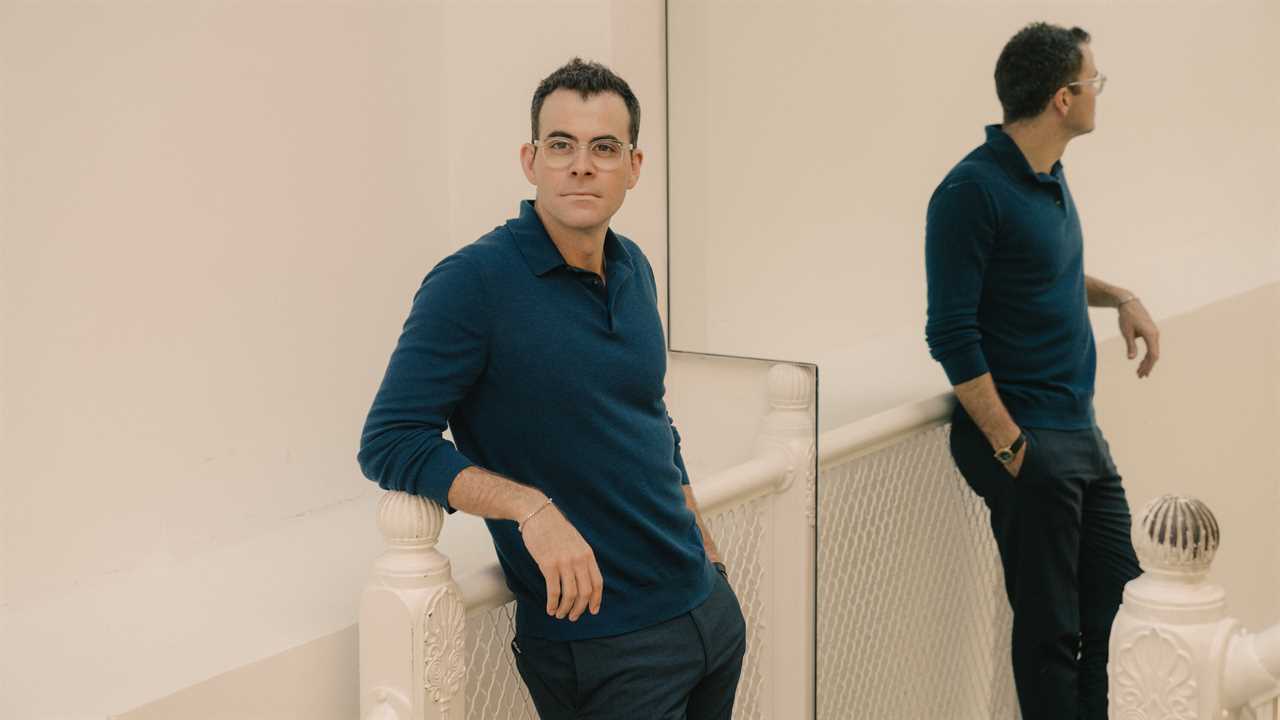
Adam Mosseri, the head of Instagram, has agreed for the first time to testify before Congress, as bipartisan anger mounts over harms to young people from the app.
Mr. Mosseri is expected to appear before a Senate panel during the week of Dec. 6 as part of a series of hearings on protecting children online, said Senator Richard Blumenthal, who will lead the hearing.
Mr. Mosseri’s appearance follows hearings this year with Antigone Davis, the global head of safety for Meta, the parent company of Instagram and Facebook, and with Frances Haugen, a former employee turned whistle-blower. Ms. Haugen’s revelations about the social networking company, particularly those about Facebook and Instagram’s research into its effects on some teenagers and young girls, have spurred criticism, inquiries from politicians and investigations from regulators.
In September, Ms. Davis told Congress that the company disputed the premise that Instagram was harmful for teenagers and noted that the leaked research did not have causal data. But after Ms. Haugen’s testimony last month, Mr. Blumenthal, a Connecticut Democrat, wrote a letter to Mark Zuckerberg, the chief executive of Meta, suggesting that his company had “provided false or inaccurate testimony to me regarding attempts to internally conceal its research.”
Mr. Blumenthal asked that Mr. Zuckerberg or Mr. Mosseri testify in front of the consumer protection subcommittee of the Senate’s Commerce Committee to set the record straight.
“He’s the top guy at Instagram, and the whole nation is asking about why Instagram and other tech platforms have created so much danger and damage by driving toxic content to children with these immensely powerful algorithms,” said Mr. Blumenthal, who chairs the subcommittee. “The hearing will be critically significant in guiding us to develop laws that can have an impact on making platforms safer.”
Dani Lever, a Meta spokeswoman, said in a statement: “We continue to work with the committee to find a date for Adam to testify on the important steps Instagram is taking.”
Mr. Blumenthal said he would question Mr. Mosseri about how Instagram’s algorithms can send children into dangerous rabbit holes. Since Mr. Blumenthal’s subcommittee began its series of hearings, lawmakers have heard from hundreds of parents and children who have shared personal anecdotes, including stories of how posts on fitness devolved into recommendations for content related to extreme dieting, eating disorders and self-harm.
Mr. Blumenthal said he would seek a commitment from Mr. Mosseri to make Instagram’s ranking and recommendation decisions transparent to the public and to experts who can study how the app amplifies harmful content. Mr. Blumenthal said that executives at Snap, TikTok and YouTube, who all testified in a previous hearing, have committed to algorithmic transparency.
While Mr. Zuckerberg has become accustomed to being hauled in front of U.S. lawmakers, this will be the first time Mr. Mosseri will testify to them under oath. A trusted lieutenant to Mr. Zuckerberg who chosen to lead Instagram in 2018, Mr. Mosseri has become the photo-sharing app’s public face, hosting regular video announcements about new features and appearing on morning television shows.
In September, before Ms. Davis’s Senate hearing, Mr. Mosseri appeared on NBC’s Today Show to announce that Instagram would pause the development of a version of the app designed for children following public backlash and renewed lawmaker interest sparked by Ms. Haugen’s leaks. BuzzFeed News first reported in March that the company was working on a version of Instagram for children under 13.
Mr. Mosseri’s scheduled appearance is the latest fallout from Ms. Haugen’s leaked files, which were first reported by The Wall Street Journal. Those documents, called The Facebook Papers, have formed the basis for multiple complaints to the Securities and Exchange Commission that Meta misled investors about its efforts to protect users.
Last week, a bipartisan group of 11 state attorneys general announced that it had opened an investigation into whether Meta had failed to protect the mental well-being of young people on its platforms including Instagram.






